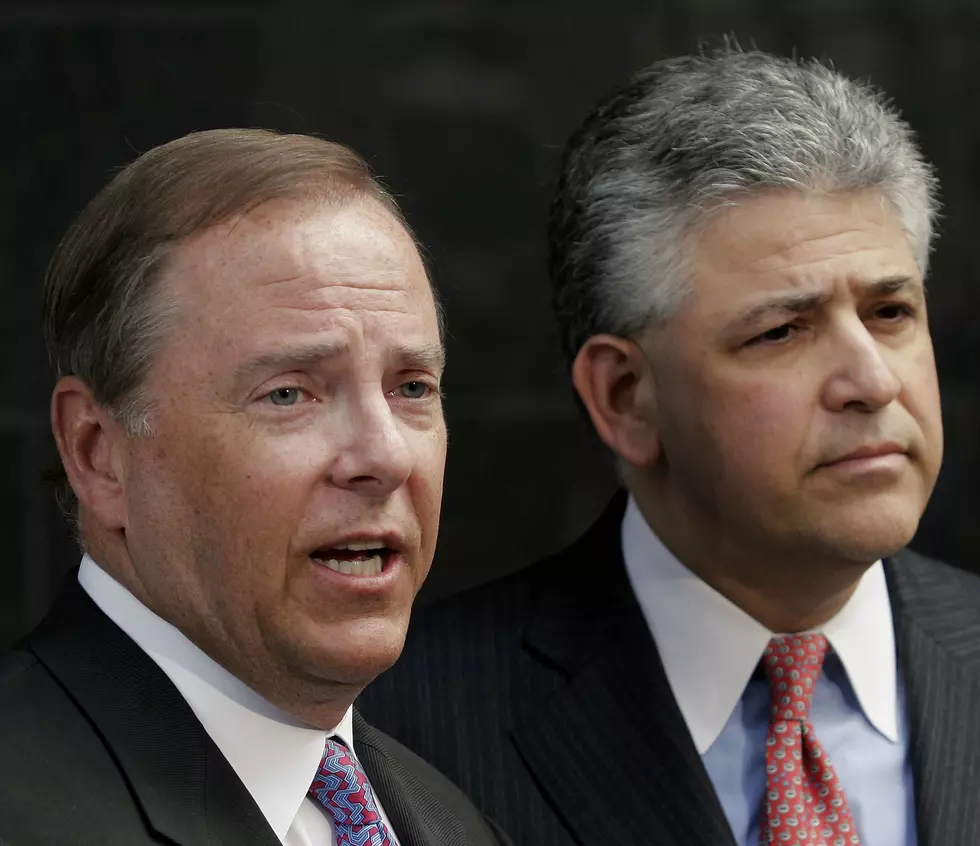
Are Corporations’ People? If So, Who Are They?
Two recent Supreme Court decisions have given some people the idea that corporations are people. That’s sort of half true and half false.
The half true part is that corporations have always been “legal entities” that includes some of the same rights that living, breathing, human beings enjoy.
The half false part is that this “legal entity, personhood” definition has suddenly happened due to the Supreme Court decision in Citizens United vs. Federal Election Commission.
A Short History of Corporations
The oldest commercial corporation in the world, the Stora Kopparberg mining community in Falun, Sweden, obtained a charter from King Magnus Eriksson in 1347.
Corporations have been regarded as “legal entities” for nearly a thousand years. To put the “corporations are people” into proper perspective I will use myself as an example.
I am a corporation myself. If my corporation does anything illegal or fraudulent I, as the corporation, will do the jail time. I will pay the assets, fines and penalties. A living breathing person will be sitting in the jail cell.
Why Incorporate?
Why do people incorporate their businesses? The main reason is protection from loss.
This is why, under the law, corporations are born and become legal entities separate from the owners of the business or stockholders if the company is publically held.
Corporations have what is called a “corporate veil.” A legal barrier that separates the assets of the company from the assets of the owners.
Without the corporate veil every business owner’s personal assets such as a home, bank accounts, savings and investments could be confiscated to settle a judgment against the company.
With the corporate veil in place only the assets belonging to the business are at risk. The owner’s personal assets would be protected from any judicial decision. The obvious exception to the corporate veil would be unlawful actions. There is no protection if the owners break the law. All assets would be accessible for confiscation in the case of unlawful activities.
Some Final Thoughts
If there were no corporations it would be very hard to do business as we do today. What person would take a chance and open any business if their homes, saving, bank accounts and investments were all at risk?
I for one would give it a second thought.
Corporations are not bad for you, your family, or society. I’m not going to tell you there are no bad people in the business world. I think we all know the Bernie Madoff story.
His company, “Bernard L. Madoff Investment Securities LLC,” (LLC = Limited Liability Corporation), was a corporation, a legal entity, and a person who sits in jail today for defrauding his investors and clients. He got 150 years imprisonment and forfeiture of $17.179 billion for his crimes.
Like it or not corporations, while not living, breathing human beings, are people, for want of a better word, as a legal definition in the world of business.
More From KMMS-KPRK 1450 AM





![[POLL] Will You Got Back to Restaurants and Bars When They Open?](http://townsquare.media/site/8/files/2017/04/Adam-Berry.jpg?w=980&q=75)
![[POLL] Should wearing a mask in public be mandatory?](http://townsquare.media/site/8/files/2020/04/GettyImages-1213079528.jpg?w=980&q=75)

![[POLL] Will You Tune Into The Tom and Shane Saturday Show?](http://townsquare.media/site/8/files/2020/04/TomShaneFB.jpg?w=980&q=75)
